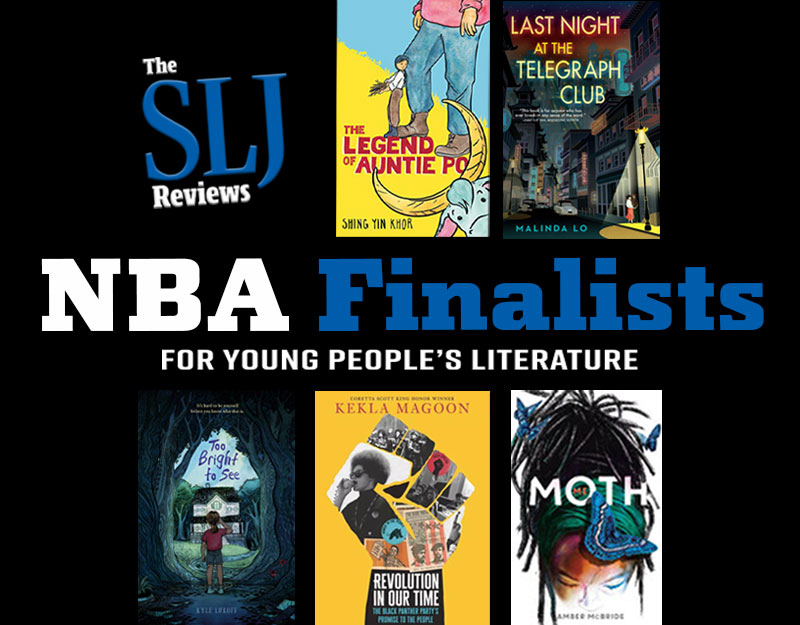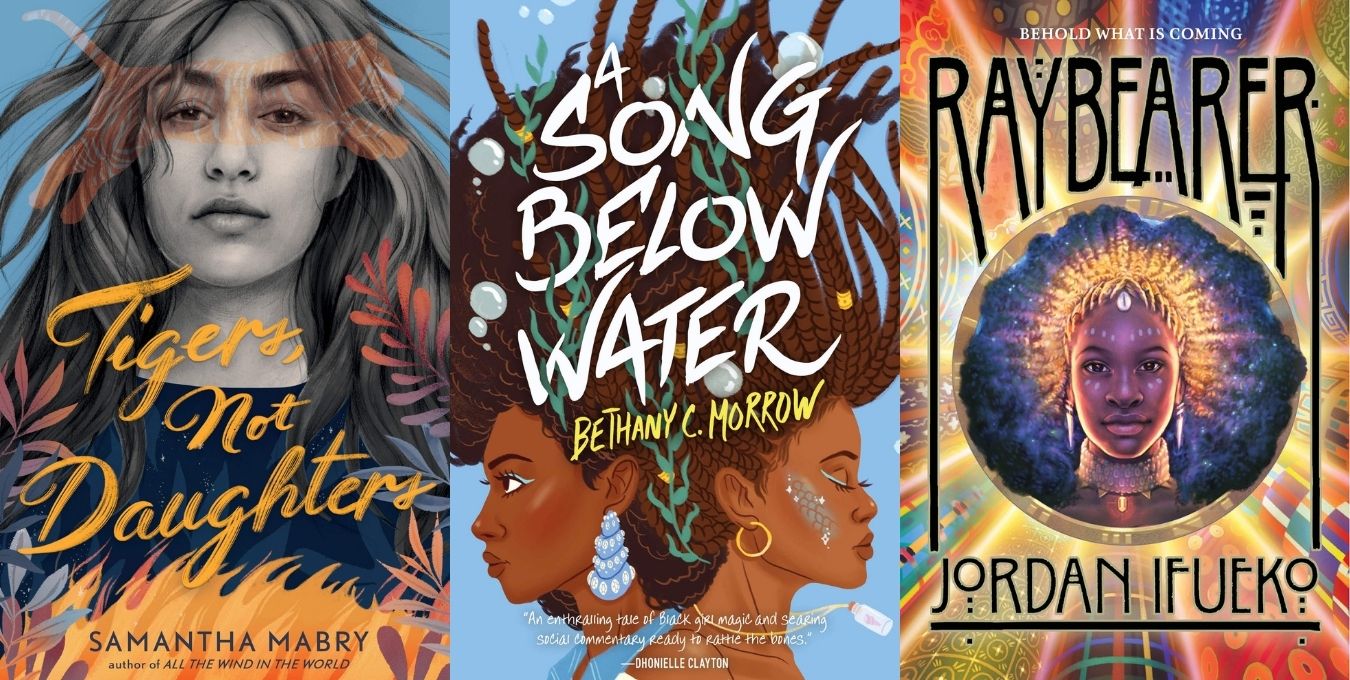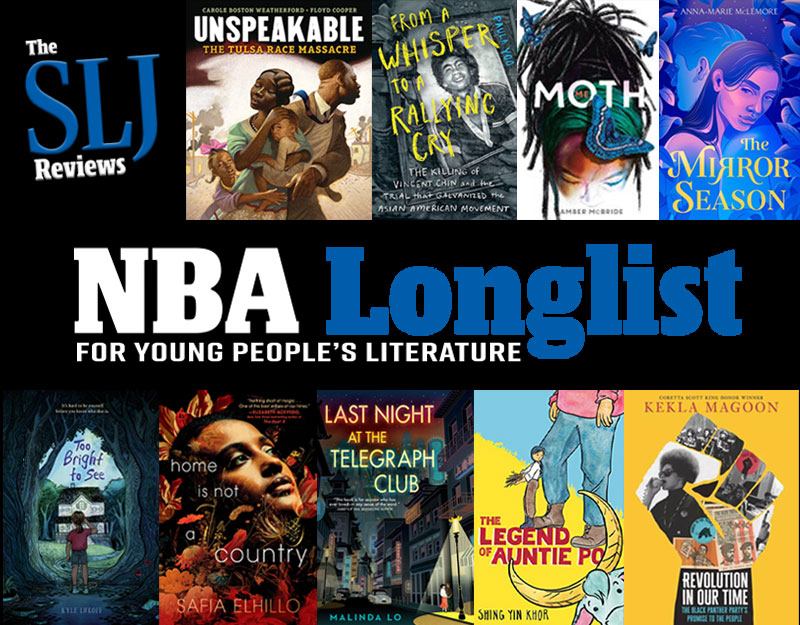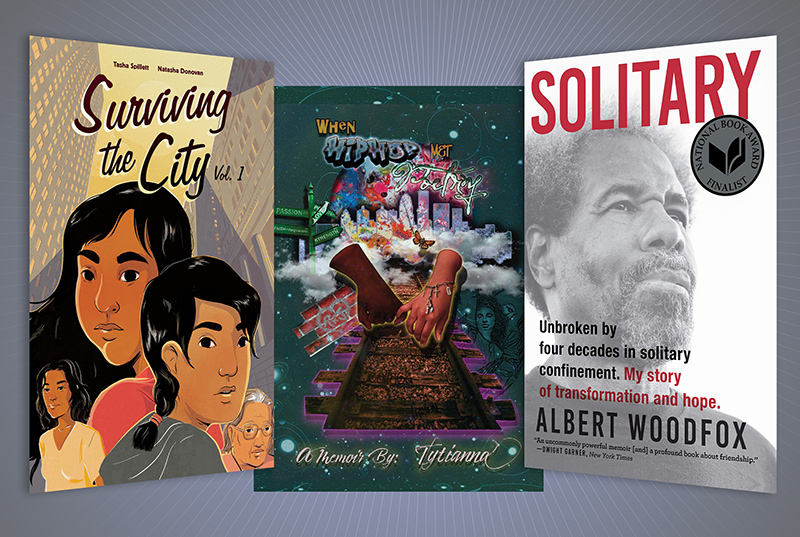That’s Classified: Newbery Committee Inside Insights
Today is the second post in our series of Inside Insights from our experiences on the Newbery Committee. The idea is to give an inside view of some of the nuts and bolts of being on the Newbery Committee. We’re glad to answer questions and would also love to hear from others about their own Committee experiences. You can view our first post about ALL THE BOOKS we received here.
In this post, we’ll discuss confidentiality and keeping information TOP SECRET.
EMILY: When you agree to be on the Newbery Committee, you agree to keep a lot of information classified- what books are discussed, specific numbers, any specific information etc. etc. This can prove difficult especially when you blog about the Newbery Medal like Steven and I do. The hardest thing for me was keeping a secret after the committee made our decision (I can’t tell you when exactly we made said decision) and Monday morning at the announcement press conference. What was the hardest part for you Steven?
ADVERTISEMENT
ADVERTISEMENT
STEVEN: I actually loved the keeping a secret part. Just walking around the exhibits or whatever on the Sunday, knowing that you have information that everyone wants to know, but nobody gets to except you and the Committee. Hardest for me is when I’m talking about books to readers, kids or grownups, later, and really wanting to say: “and this one was almost a Newbery Honor book!” Especially if it’s a book that hasn’t had much attention since, and could have benefited so much from the award.
EMILY: KT Horning wrote a great post about the history of secrecy behind the Newbery Medal which you can read here. The highlights I found were: that the beginning votes (1922) were done by mail, without a committee discussion and that once there was a committee they made the decision in March and had to keep it secret until June. FOUR MONTHS! There was a lot of controversy about the winners getting leaked… possibly even intentionally. I think it all boils down to the fact that secrecy helps build the anticipation for the decision. But thank goodness we only have to keep things secret for 36 hours now!
EMILY: Speaking of KT Horning, she was a big campaigner for the ALSC board voting for a statue of either 25 or 50 years of confidentiality limitation. After a pre-determined time period, one could find out more information behind the discussions.
STEVEN: ALSC changed that rule in 2016, so members of any committee after that are free to divulge anything they after 50 years. There definitely needs to be an SLJ interview with surviving members in 2066. Not everything used to be this secret. I was surprised to learn (probably from KT Horning) that the list of nominations was published, up into the 1970’s. Several years ago the late Peter Sieruta shared the list of nominated titles from 1973 – 1976 on his wonderful Collecting Children’s Books blog. Many old favorites (FREAKY FRIDAY! SOUP!) and many more that I’ve never heard of. You can see those lists here, scrolling down about ⅔ of the way down his post.
ADVERTISEMENT
ADVERTISEMENT
EMILY: Is there any Newbery room that you would have loved to be a “fly on the wall” for their committee deliberations? I know a lot of people are shocked, Charlotte’s Web only won an honor. (Fun Fact- one can tell that Charlotte’s Web placed second in 1953, because honor books were listed in order of how many votes they received. Now it’s alphabetical.) Personally, I would like to hear what went down in Last Stop on Market Street’s year. Were people nervous about a picture book winning it all? Was anyone not in support of that decision?
STEVEN: Yes, it’s those surprises that I’d love to hear about. It’s tricky because while the Committee makes the decision based on literary quality, members can’t help but be aware that the book they wind up selecting will be a surprise (or not). I think the double-honors for Christina Soontornvat in 2021 would have been fun.
STEVEN: Along with confidentiality, Committee members also need to declare any conflicts of interest that might impact award selection. The Newbery Manual states that “no person should obtain or appear to obtain special advantages for themselves, their relatives, their employer or their close associates as a result of their services on a committee.” That would have ruled me out from this year’s committee, because my sister Sally published her first kids’ book this year. I’ve even heard (but can’t confirm) that if you are mentioned in an author’s dedication (or maybe author’s notes?) it might appear to be a conflict.
EMILY: I’ve heard of committee members having to step down because of an unforeseen conflict of interest, or because of giving too much information out on social media. It is a really hard balance because you want to share information about the process and spread the love of the Newbery but don’t want to breach any confidentiality issues. That being said, ask us all the questions you want in the comments and we’ll answer the ones we can!!
Filed under: Newbery Experience
About Emily Mroczek-Bayci
Emily Mroczek (Bayci) is a freelance children’s librarian in the Chicago suburbs. She served on the 2019 Newbery committee. You can reach her at emilyrmroczek@gmail.com.
ADVERTISEMENT
ADVERTISEMENT
SLJ Blog Network
The 2025 Unicorn Report
Justice for Little Sibs! A Conversation with Casey Lyall and Sara Faber About The League of Littles
How to Draw a Secret | Review
When Book Bans are a Form of Discrimination, What is the Path to Justice?
Girls Posing as Boys: Stories Still Worth Telling? A guest post by Linda Joan Smith
ADVERTISEMENT








Fun post! I thought it was interesting when you said that “members can’t help but be aware that the book they wind up selecting will be a surprise (or not).” I’m wondering what might make a book a surprise winner? Do a book’s previous accolades ever factor into the Newbery decision? Similarly, do you know if any self-published books have been considered as major contenders in past discussions?
I’m trying to find that list you mentioned of 1970s Newbery nominations!
Great questions, Rosie. I’ll attempt to answer them is separate comments. What makes a “surprise winner? It can be the books that don’t really fit in that 4th-8th grade fiction umbrella. Some genres seem underrepresented, so when a straight fantasy novel (THE GIRL WHO DRANK THE MOON) or a science fiction book (THE LAST CUENTISTA) wins it can be surprising. These days it’s pretty easy to find Mock Newbery lists like ours, which represent the outsiders’ best guesses. When I started in the library world (late 1980’s, which is soooo long ago) I think it was pretty hard for regular people to pick on any award contender buzz: MANIAC MAGEE? WALK TWO MOONS?…I’d never heard of them. The past eight years have shown a big surge in Newbery recognition for non-white writers, so that has, finally, become less of a surprise than it used to be, which is a great development. We’ve also scene recent diversity in terms of format, with picture books and graphic novels becoming less surprising than they once were…
According to the Newbery Terms and Criteria, “a book’s previous accolades” should NOT factor into the decision: “The committee’s decision is to be made following deliberation about books of the specified calendar year.” Reviews or other awards or recognition shouldn’t matter. They may, however, help to bring a book into the Committee’s rader. We can probably assume, for example, that Committee members pay attention to the National Book Award longlist that comes out in the fall, and double checks to make sure they’re aware of the titles on that list. We did that on Heavy Medal. Starred reviews and “best of the year” lists can also serve as tools to make sure as many contenders as possible are read. But when it comes to the actual selection, it’s based on discussion of the books, comparing them to each other, and identifying the elements that make them distinguished…and ultimately “most distinguished” among the year’s eligible titles.
We can’t really tell if any self-published books have been considered as major contenders within the Newbery Committee, since we haven’t seen one awarded a medal or honor to this point. Because the committee deliberations are confidential (more on that in this post), we never know which books just missed being named by the committee. Self-published books are certainly eligible, though, and the committee should keep an eye out for outstanding ones. This year’s THE PASSPORT PROJECT seems to be self-published and its supporters have called it to the attention of readers of Heavy Medal and GoodReads. What the Newbery Committee is thinking of it…we don’t get to know.
I’m so glad you mention your search for the list of 1970s nominations! That’s our bad. We meant to include the link in our post and forgot! Our bad. You can find the list in this blog post...there’s a lot in this post, though, so scroll down about 2/3 of the way. Or search for “Cockleburr Quarters” and that will get you to the first book on the lists. It’s really fascinating, especially if you’ve read some 70’s children’s fiction.